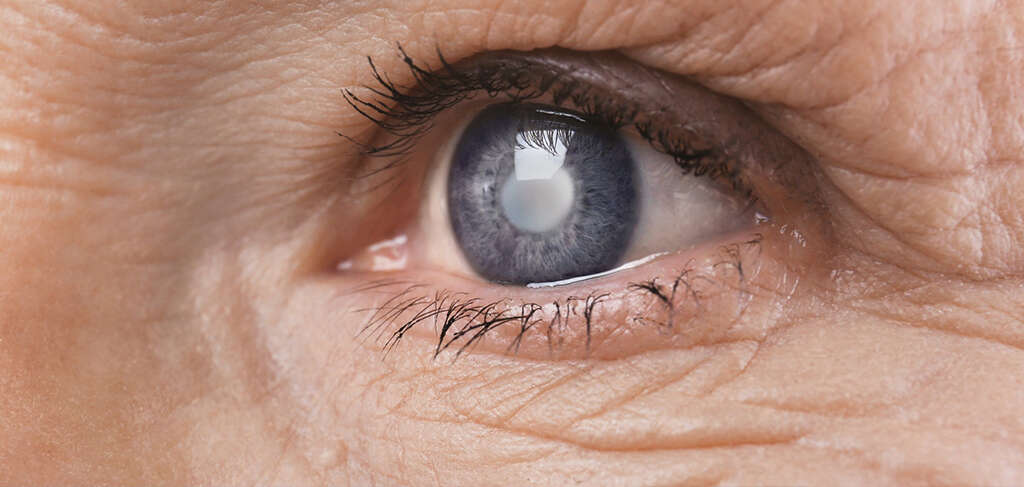Seeing the Signs: Early Detection of Macular Degeneration for Better Eye Health
Macular degeneration is a common eye condition that affects millions of people worldwide, especially those over the age of 50. It is a degenerative disease that affects the macula, which is the central part of the retina that is responsible for sharp, detailed vision. Macular degeneration can lead to severe vision loss and is a leading cause of blindness in older adults. In this article, we will discuss the early signs of macular degeneration, the risk factors, and the importance of early detection.

Early Signs of Macular Degeneration
The early signs of macular degeneration can be subtle and easy to miss. However, early detection and treatment are essential to slow down or prevent vision loss. Here are some of the early signs of macular degeneration:
- Blurred vision: Blurred vision is one of the most common early signs of macular degeneration. It can make it difficult to read, drive, and perform other everyday activities.
- Difficulty seeing in low light: People with macular degeneration may have difficulty seeing in low light, such as in dimly lit rooms or at night.
- Distorted vision: People with macular degeneration may experience distorted vision, where straight lines appear wavy or crooked.
- Dark or empty spots in vision: People with macular degeneration may experience dark or empty spots in their central vision.
- Changes in color perception: Some people with macular degeneration may experience changes in their color perception, making it difficult to distinguish between colors.
Risk Factors for Macular Degeneration
While anyone can develop macular degeneration, certain risk factors increase the likelihood of developing the condition. Here are some of the risk factors for macular degeneration:
- Age: Macular degeneration is more common in people over the age of 50.
- Genetics: People with a family history of macular degeneration are at a higher risk of developing the condition.
- Smoking: Smoking can increase the risk of developing macular degeneration.
- Obesity: Obesity can increase the risk of developing macular degeneration.
- High blood pressure: People with high blood pressure are at a higher risk of developing macular degeneration.
Importance of Early Detection
Early detection of macular degeneration is essential to slow down or prevent vision loss. If you experience any of the early signs of macular degeneration, it is important to see an eye doctor immediately. They can perform a comprehensive eye exam, which may include a dilated eye exam, to detect any signs of macular degeneration.
If you are at high risk of developing macular degeneration, your eye doctor may recommend regular eye exams to monitor your vision and detect any changes early on. They may also recommend lifestyle changes, such as quitting smoking and maintaining a healthy weight, to reduce the risk of developing macular degeneration.
Treatment Options
While there is no cure for macular degeneration, there are treatment options available to slow down or prevent vision loss. These include:
- Anti-VEGF drugs: Anti-VEGF drugs are injected into the eye to slow down the growth of abnormal blood vessels in the retina.
- Laser therapy: Laser therapy can be used to seal off leaking blood vessels and slow down the growth of abnormal blood vessels.
- Vitamins and supplements: Vitamins and supplements, such as vitamin C, vitamin E, and zinc, may help slow down the progression of macular degeneration.
- Low vision aids: Low vision aids, such as magnifying glasses and telescopic lenses, can help people with macular degeneration see better.
Conclusion
Macular degeneration is a common eye condition that can lead to severe vision loss if left untreated. The early signs of macular degeneration.
